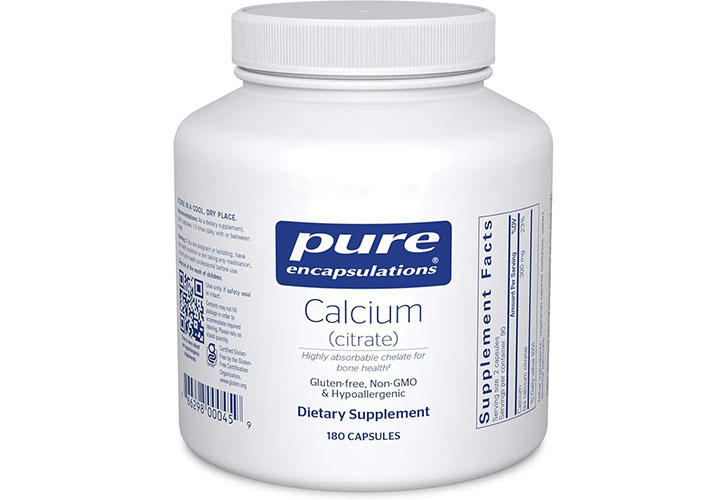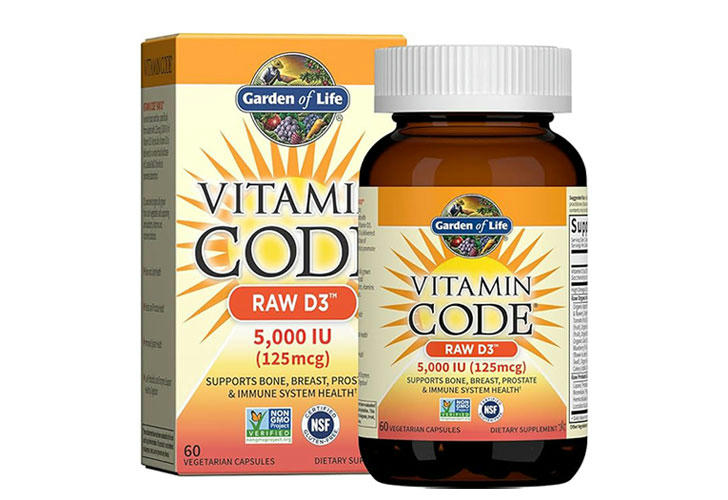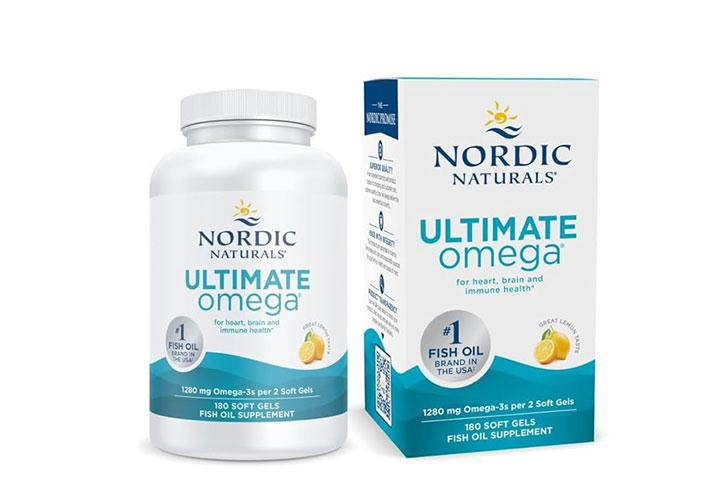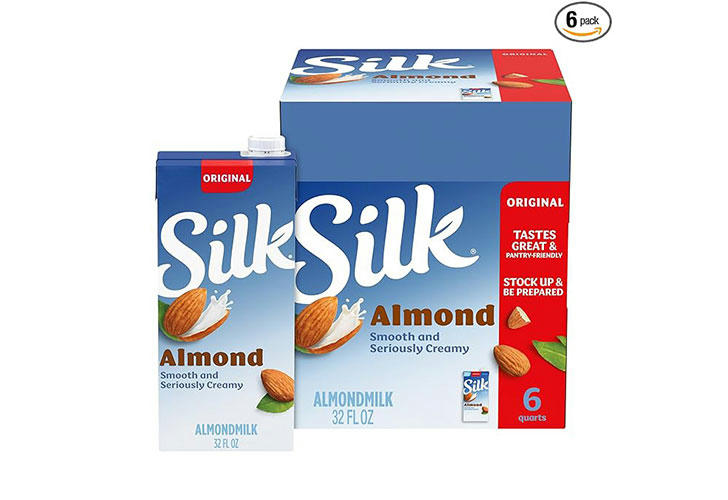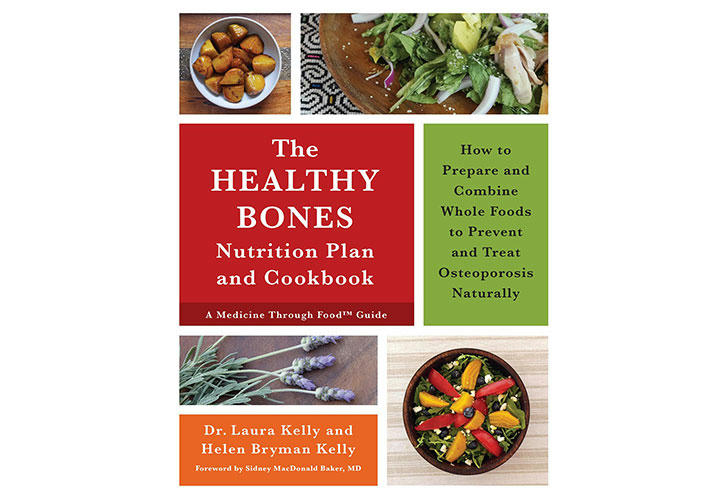What Should Patients with Osteoporosis Eat?
Osteoporosis is a condition that weakens bones, making them more likely to break. It's especially common in older adults, particularly women after menopause. While medications like bisphosphonates and hormone therapy are important for managing osteoporosis, what you eat also plays a crucial role in keeping your bones healthy.
This article will cover the best foods for people with osteoporosis, explain current treatment methods, and suggest helpful products to improve your diet.
Understanding Osteoporosis Treatment
Osteoporosis treatment typically involves a combination of lifestyle changes and medications. Common treatment options include:
Bisphosphonates: Medications like alendronate and risedronate help slow bone loss and reduce fracture risk. Hormone Replacement Therapy (HRT): Helps maintain bone density in postmenopausal women. Denosumab: A medication that decreases bone resorption. Anabolic agents: Such as teriparatide, stimulate new bone formation.
In addition to these treatments, a focus on nutrition is essential for maintaining bone density and overall health.
Recommended Foods for Osteoporosis Patients
1. Dairy Products
Examples: Low-fat milk, yogurt, cheese
Benefits: Rich in calcium and often fortified with vitamin D, both crucial for bone health.
2. Leafy Green Vegetables
Examples: Kale, collard greens, bok choy
Benefits: High in calcium and vitamin K, which helps improve calcium absorption.
3. Fatty Fish
Examples: Salmon, mackerel, sardines
Benefits: Excellent sources of omega-3 fatty acids and vitamin D, which support bone density.
4. Nuts and Seeds
Examples: Almonds, chia seeds, flaxseeds
Benefits: Provide healthy fats along with magnesium and calcium.
5. Fruits
Examples: Oranges, figs, berries
Benefits: High in vitamin C and potassium; figs are particularly high in calcium.
6. Whole Grains
Examples: Quinoa, brown rice, whole wheat bread
Benefits: Provide fiber and essential nutrients that support overall health.
7. Legumes
Examples: Beans, lentils, chickpeas
Benefits: Good sources of protein and minerals like magnesium and potassium.
8. Soy Products
Examples: Tofu, soy milk
Benefits: Rich in calcium and can help improve bone density due to their isoflavones.
9. Eggs
Benefits: Provide vitamin D and protein; the yolk contains essential nutrients for bone health.
10. Herbs and Spices
Examples: Turmeric (contains curcumin) and ginger
Benefits: Have anti-inflammatory properties that can support overall health.
Foods to Avoid
1. High-Sodium Foods Processed foods high in salt can lead to increased calcium loss through urine.
2. Caffeine Excessive caffeine intake may interfere with calcium absorption; limit coffee and caffeinated beverages.
3. Alcohol High alcohol consumption can negatively affect bone health; moderation is key.
4. Soft Drinks Cola drinks contain phosphoric acid which may contribute to lower bone density.
5. High-Protein Diets from Animal Sources Excessive animal protein can lead to increased calcium excretion; balance protein sources with plant-based options.
Recommended Products
1. Calcium Supplements
If dietary intake is insufficient, consider calcium supplements.
Example Product: Pure Encapsulations Calcium
BUY FROM AMAZON2. Vitamin D Supplements
Essential for calcium absorption; especially important in winter months or for those with limited sun exposure.
Example Product: Garden of Life Vitamin D3
BUY FROM AMAZON3. Omega-3 Supplements
If you don’t consume enough fatty fish, consider omega-3 supplements.
Example Product: Nordic Naturals Omega-3 Fish Oil
BUY FROM AMAZON4. Fortified Plant Milks
Look for almond or soy milk fortified with calcium and vitamin D.
Example Product: Silk Almond Milk
BUY FROM AMAZON5. Bone Health Cookbooks
Consider cookbooks focused on recipes that promote bone health.
Example Product: The Complete Bone Health Cookbook
BUY FROM AMAZONConclusion
While osteoporosis treatment often includes medications to strengthen bones and prevent fractures, nutrition plays a critical role in managing the condition effectively. By incorporating foods rich in calcium, vitamin D, magnesium, and other essential nutrients—such as dairy products, leafy greens, fatty fish, nuts, fruits, whole grains, legumes, soy products, eggs, and herbs—patients can support their bone health.
Always consult with a healthcare provider or registered dietitian before making significant dietary changes or if you have specific concerns about your condition. By prioritizing these dietary strategies and considering appropriate supplements when necessary, individuals with osteoporosis can improve their quality of life and maintain better bone health.

